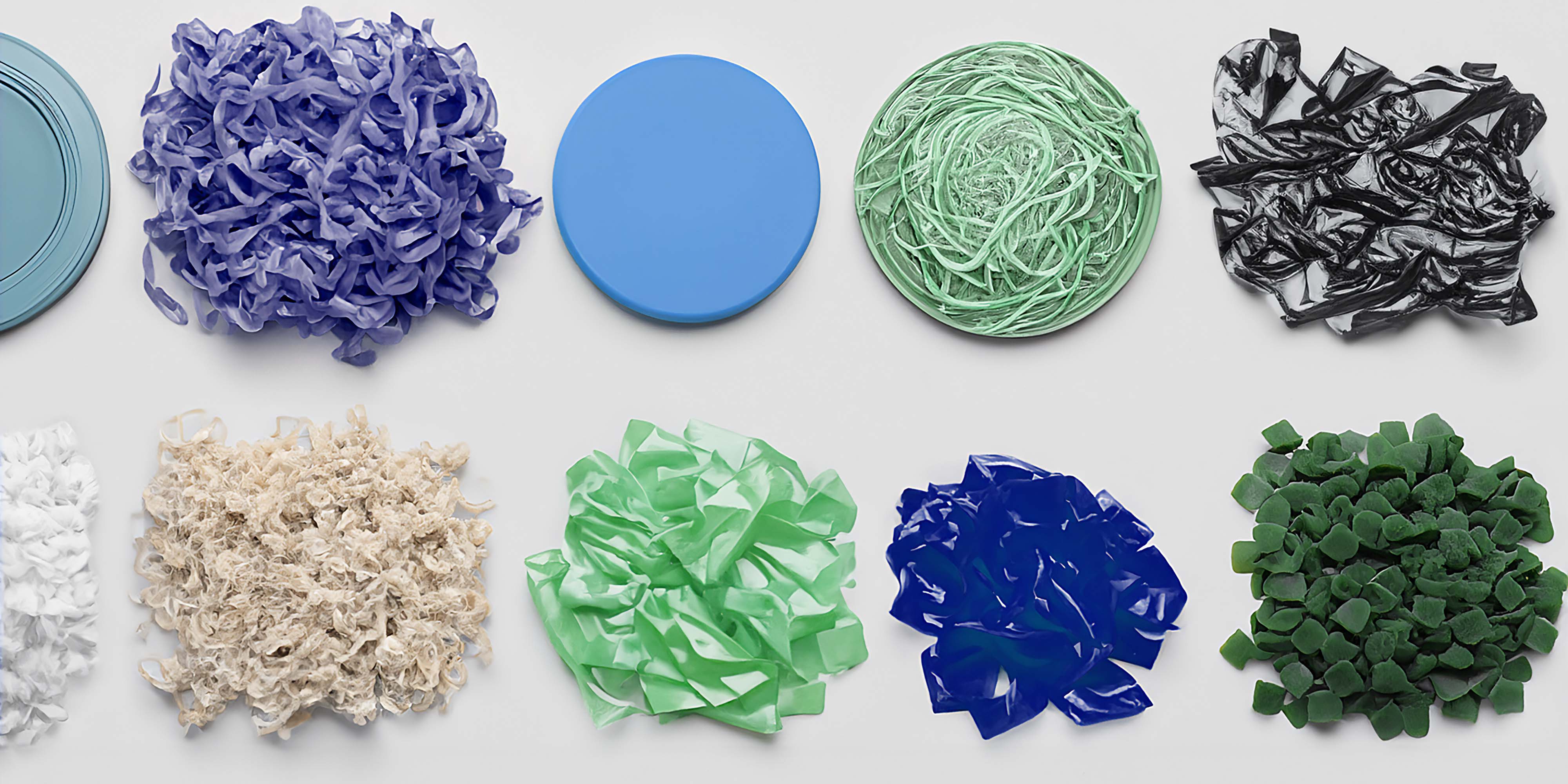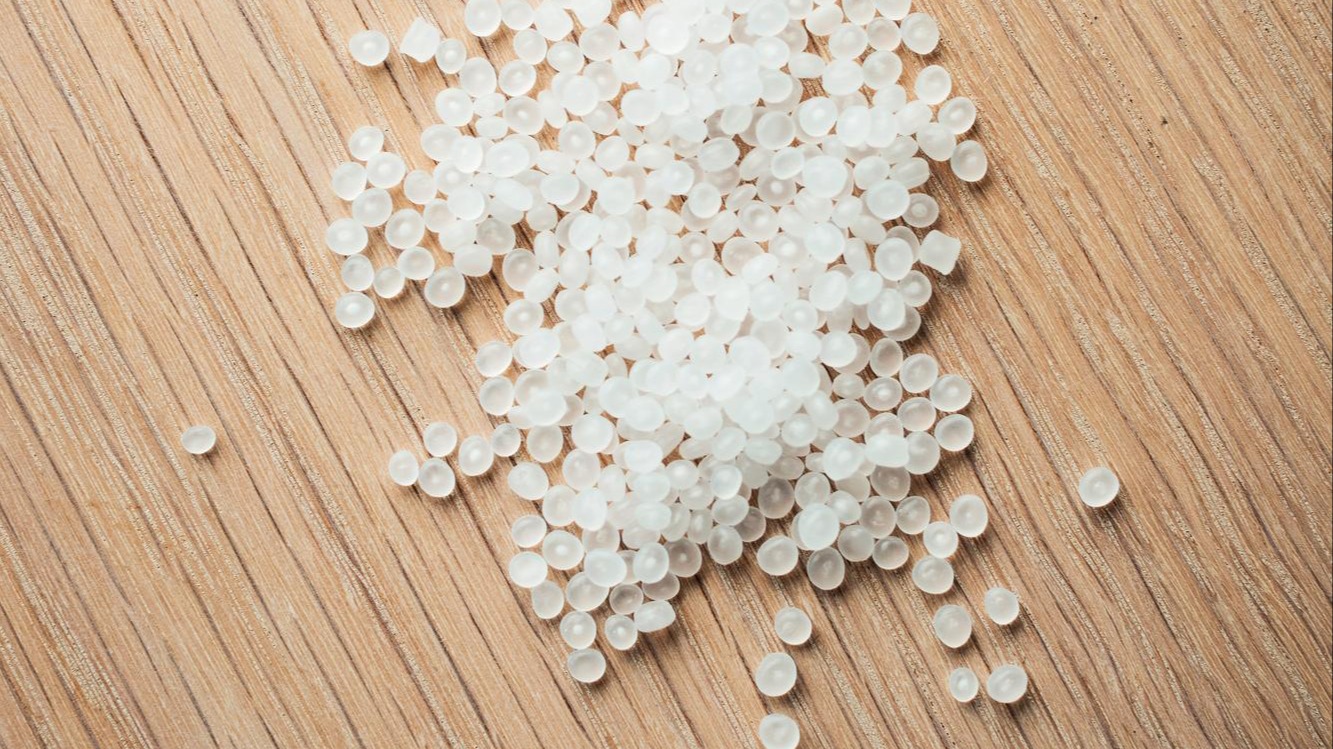
Plastics
1 minute read
The plastics challenge and the role of renewable and recycled materials
Our society’s appetite for plastics is continuously growing. With the vast majority of plastics being made from fossil crude oil and only very little of plastics being recycled, this leads to two challenges: GHG emissions and a waste problem.
Global plastics production consumes some 4 to 8 percent of global crude oil production. By 2050, this figure is set to increase to 20 percent. This dependence on large amounts of fossil resources is eventually connected to significant GHG emissions when plastics reach the end of their use phase - unless they are recycled.
Unfortunately, although plastics are suited quite well for recycling, the lion’s share of plastics is not recycled: a mere 9% of global plastic waste is recycled, while the rest ends up in incineration, landfilling or - worse - as litter in the environment.
These figures make it clear that we need to change the way we produce, use and dispose of plastics. In the following video, you can learn more about the challenges we are facing and possible ways to tackle them.
Watch the video:
With Neste RETM, Neste provides a solution to defossilize polymers and chemicals through renewable and recycled materials.
Credits:
Neste




